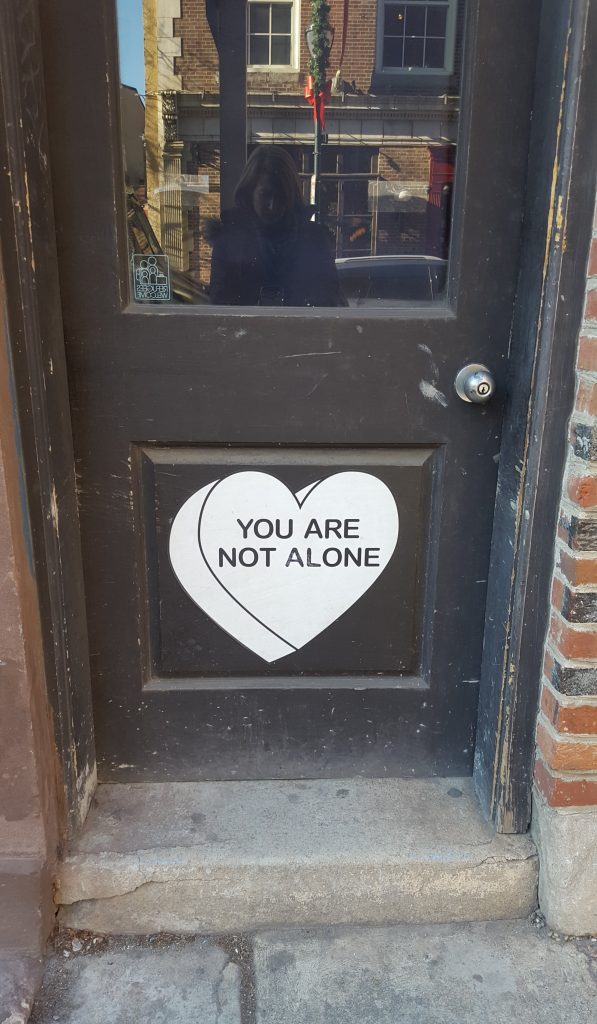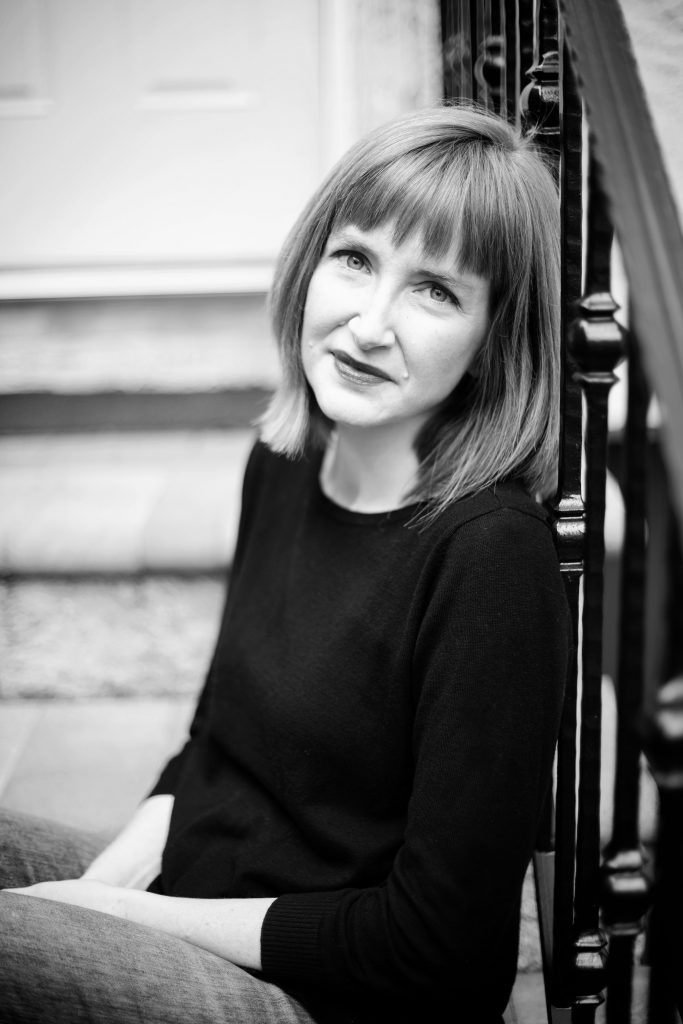
The Up Drafts is an ongoing series of essays and interviews that examine creativity, productivity, writing process, and getting unstuck.
—
BY NANCY REDDY
Courtney Maum’s widely praised Before and After the Book Deal includes wisdom from writers, agents, editors, and more, including this terrifying bit from novelist Rebecca Makkai: “If you are 100 percent happy with your manuscript, it’s probably a sign that it’s bad.” (That is not where I thought that sentence was going to end!) She elaborates, saying, “It takes forever to write a manuscript. So when you finally get through it, you think, ‘It’s finally done!’ It’s not done. I wouldn’t send it out until you get the feeling that it’s finally—finally—done for the third time.”
I imagine this is a good way to produce a novel that’s a finalist for the Pulitzer Prize. But, applied more broadly, it’s an even more excellent way to just never finish your book. To perhaps never finish an essay or even a sentence.
It’s been a month since, inspired by the dread I felt at reading everyone else’s accomplishments and regarding my own moldering pile of drafts in various stages of generation and revision, I stood in my kitchen and worked up the idea for this series. I hoped that if I dragged my own bad feelings about my writing life up to the light via the magic of a biweekly deadline I’d be able to get myself unstuck. And I thought that sharing my struggle, as well as what I learned from interviewing and reading the work of other people who’ve studied creativity and the writing process would be valuable for others, too.
So far, I’ve written a bit about productivity and accomplishment, and what all that end of year accounting might mean, and I shared my own struggles with ambition and why my first reaction when I won a big poetry prize was shame. I’ve got good stuff lined up – an interview with writing studies scholar Hannah Rule, who talks about the value and limits of freewriting, and the way that writing “romps all over – into cars, classrooms, night shifts, nurseries, showers, walks, laundry, chats, everywhere!”, and another interview with cartoonist, author, and educator Jessica Abel, whose insistence that you pick just One Thing as your creative priority has already helped me wrap up some long-term, seemingly intractable projects.
I’d like to spend a minute here, one month into this project, thinking about how to get the work done. Rebecca Makkai’s words struck me so profoundly because they align to much of what I was taught in graduate school: revise, revise, revise; ask for feedback and then revise some more; assume that what you’ve done is never good enough. I get where this perspective comes from–but I also think it has the potential to be profoundly silencing.
For right now, I’m embracing an alternate approach: Elizabeth Gilbert’s pronouncement, in her book Big Magic, that “Done is better than good.” Those words come in a section of the book in which Gilbert discusses realizing, after she’d finished writing a novel, that a minor character was flawed. She realized she had two options: she could tear the entire novel apart and spend perhaps a year rebuilding it, or she could just call it a day. And she decided to publish the book, flaws and all. She had other books to write. The one she’d written was good enough, and out it went into the world.
It’s an approach that likely sounds blasphemous to those of who came to writing under the austere star of Annie Dillard’s The Writing Life, which urges – on page 4, in my copy! – that, when you find the weak points in your work, “you must demolish the work and start over!” Had Dillard been writing Gilbert’s book, she would have ripped out that minor character, reworked the whole novel, and emerged from a cloud of dirt and detritus a year or two later, transformed.
One thing that I’ve realized in writing this series is how much of my own stuckness is related to that imperative to perfect the work, which can be a laudable goal–and can also be a way of never quite doing the scary, hard thing.
Here are a few ways I’m focusing on getting to done in the coming months:
One Thing: I’ll write more about this in an upcoming interview with Jessica Abel, but her focus on committing to One Goal to Rule Them All has allowed me to clear two really hard, messy projects off my desk. Abel insists that you can really just have one priority, and then buckle down and see that project through to completion. This doesn’t mean that there’s just one thing you want to do–just that you’re really only actively working on one project at a time. The post hyperlinked above is really helpful in clarifying what One Thing you should work on first.
One realization that has made One Thing work really well for me is that it’s not just about what you’re “working on” but what you’re actually going to complete in a given period of time. So it’s not enough to say I’m “working on” an article this week– I have to commit to a particular measure or milestone for that project. Maum’s Before and After the Book Deal does a nice job of articulating three ways of thinking about milestones in writing projects: word count, time, and content (x section of a chapter, for example). Right now I’m in a content stage, but I’ve found both word count and time to be really helpful when what I need is to put brainpower into a project to see where it’s going.
Connecting Goals to Time: The specific language for this comes from Kerry Ann Rockquemore’s series for Inside Higher Ed on productivity for junior faculty, but it’s applicable for creative writers, too. In this particular column, Rockquemore describes a practice she calls the “Sunday meeting,” during which you write out all your tasks for the week and consider the actual amount of time they’ll require. I’m really good at a to-do list, but moving from task to time has helped me to see how big projects can take shape in time. Towards the end of last week, as I was desperate to finish a scholarly article I’ve been working on for 6 months or several years, depending on how you count it, I looked at my revision notes and figured if I worked with serious focus for three more hours, I could knock it out. And I did.
Moving forward, I’m writing my One Thing in my planner (the Get to Work Book; I adore it, and the 2020s are on sale now, if you still need a planner for the year) and noting how much time I think it will take. Then, as I work during the week, I record, right in the planner, how long I’m working on it and check my estimate against the actual total. It’s really helpful to see writing projects as finite and completable.
Systems for Accountability: I’m a highly organized person. I love a task list, and I love a calendar. In most spheres of my life, I am what Gretchen Rubin would call an Upholder. But one thing I’ve realized is that, for this stage of my life and for the writing I’m doing now, I need more accountability, so I’m joining one of the writing groups run by my university’s Faculty Academic Writing Network. I won’t get feedback on my work, but what I will get is a regular writing date and the accountability of telling colleagues about my goals and the progress I’ve made. (And, bonus: I’m joining digitally, so I can do it my jammies, or what my longtime work-from-home husband calls his “work pants.”)
Since I’m talking about accountability, and I hinted in the last column about big, scary projects, I’ll name my current One Thing here: I’m going to finish the proposal for my narrative nonfiction book, a mix of personal experience and research into the trap of “natural motherhood.” I’ve been working on it for two years now, and I’ve done tons of drafting and researching and brainstorming and structuring – so now it’s time to move forward with the proposal. I’m clearing the decks so that I can finish it–a draft of it, at least–this month.
I don’t know if, at the end of the month, it will be good. But I do know that, before it can be good, it has to be done.
—

NANCY REDDY is the author of Double Jinx (Milkweed Editions, 2015), a 2014 winner of the National Poetry Series, and Acadiana (Black Lawrence Press, 2018). Her poems have appeared or are forthcoming in The Gettysburg Review, Pleiades, Blackbird, Colorado Review, The Iowa Review, Smartish Pace, and elsewhere, and her essays have appeared most recently in Electric Literature. The recipient of a Walter E. Dakin Fellowship from the Sewanee Writers’ Conference and grants from the New Jersey State Council on the Arts and the Sustainable Arts Foundation, she teaches writing at Stockton University. She’s working on a narrative nonfiction book about the trap of natural motherhood.
![[PANK]](https://pankmagazine.com/wp-content/themes/pank/assets/images/pank-logo-large.png)
